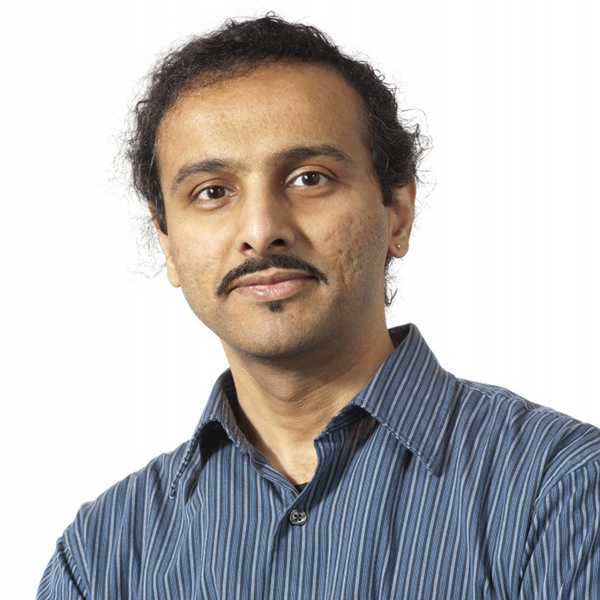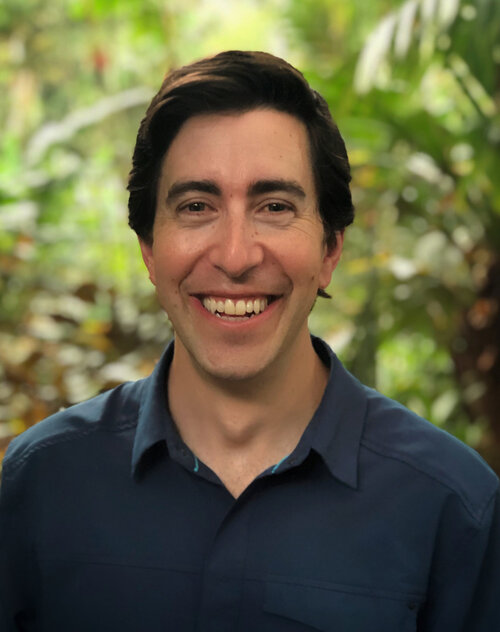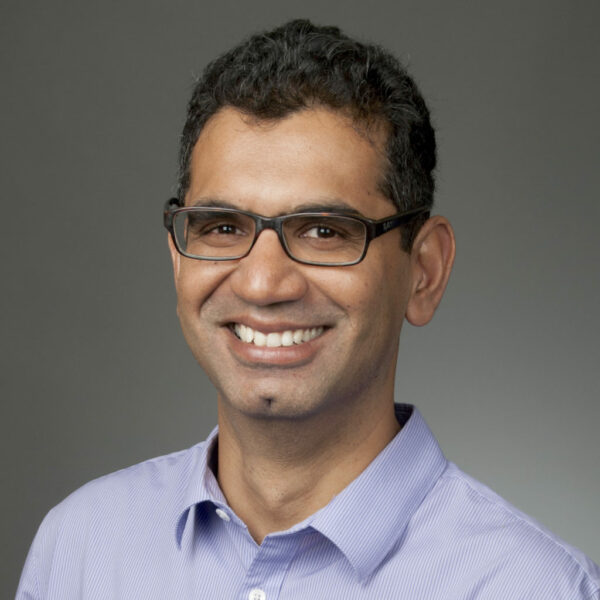First trip to Mars: How to Pack Light

Our Focus
The goals of the First trip to Mars: How to pack light FRP are to produce novel software based on data from Mars orbiters and rovers to model the ionosphere, its impact on navigation systems, and engineer microbial communities capable of C sequestration and nutrients production, in an interconnected way, to support NASA human missions to Mars in the 2030s. Results from this project, and future research will also be applied on the Earth system, to support the fight against global warming and sustainable development.
![]()
Click here to view the recording of this FRP’s research symposium titled “Focused Research Program Symposium: “Space Travel with Earth Wisdom – Payload Enhancement Talks” held on May 24th, 2024.
Focused Research Program led by:
- Marianna Felici, Research Scientist, Center for Space Physics, CAS
- Paul Withers, Professor, Astronomy Department Chair, Associate Director, Center for Space Physics
Research Thrusts
1. Ionosphere and surface
This thrust’s research goal is to build, from data, a model of the Martian ionosphere and its response to changes in the amount of light energy from the Sun.
Thrust Leaders
Core Faculty
2. Navigation and Infrastructure
This thrust’s research goal is to model the performance of Communication and Navigation systems in the Martian ionosphere.
Thrust Leaders
3. Microbes
This thrust’s research goal is to learn and model which fungal taxa and bacteria can tolerate and transform Martian resources; and engineer a microbial community optimized for CO2 sequestration and nutrients production.
Thrust Leaders
Core Faculty
Events
How to get involved?
For program specific inquiries and questions, please contact FRP leaders: Marianna Felici or Paul Withers.
Faculty interested in submitting a Focused Research Programs proposal are strongly encouraged to discuss their ideas with Yannis Paschalidis, director of the Hariri Institute for Computing.
To learn more details about the Hariri Institute’s Focused Research Programs, visit here.








